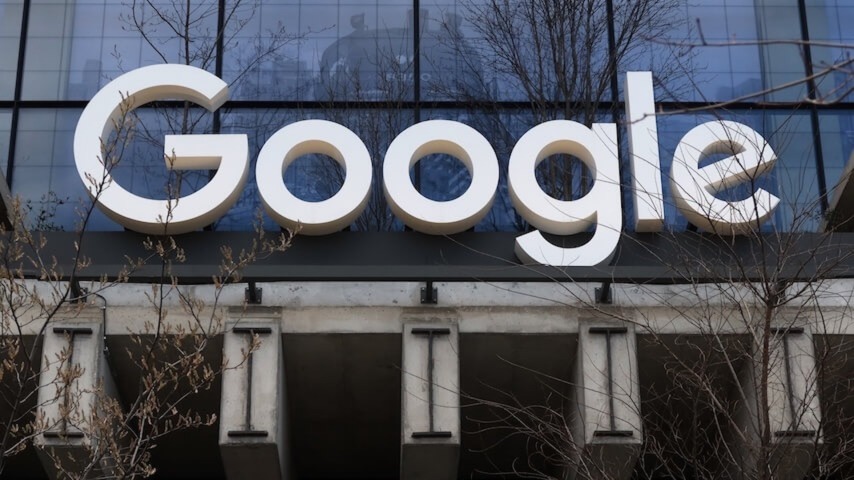In an unsurprising but nonetheless historic August ruling, Biden’s DOJ officially deemed Google a monopoly because, well, it is. Case in point: even if you were furious about Google Maps renaming the once and former Gulf Of Mexico the “Gulf Of America,” did you pull up Bing or Yahoo to find more information? Probably not. Also, the company has been sending billions of dollars to Apple and other companies to ensure that Google is the default browser on all their devices, which isn’t exactly competitor-friendly behavior.
In November, a judge floated the idea of forcing Google to halt those payments and sell off its Chrome browser as a remedy to the August ruling. Google has naturally pushed back against this plan since it was announced, but the company is doubling down as hearings about the company’s future are scheduled to start next month. Afterwards, a federal judge will rule on how it must change its practices. Both sides’ final proposals are due on Friday. “We routinely meet with regulators, including with the DOJ to discuss this case,” a Google spokesperson said in a statement to Bloomberg. “As we’ve publicly said, we’re concerned the current proposals would harm the American economy and national security.”
The “national security” concerns Google has cited in the past feel a bit more like threats to the company’s bottom line than something that would spell danger for an average American. The “DOJ chose to push a radical interventionist agenda that would harm Americans and America’s global technology leadership,” Kent Walker, Google’s chief legal officer, wrote in a blog post in November. In his view, the Biden DOJ’s proposal would “endanger the security and privacy of millions of Americans” by “undermin[ing] the quality of products people love” and “chill[ing]our investment in artificial intelligence,” among other concerns. In a separate January post, Walker explained how the company was utilizing its AI tools to help defend against cybersecurity threats.
At least on the surface, Trump seems to align with Google’s views. “It’s a very dangerous thing, because we want to have great companies. We don’t want China to have these companies,” he said at a Bloomberg event last October, per The New York Times. At the time, he did think Google was “rigged” because the search engine only showed “bad stories” about him, but it seems like those negative feelings may have dissipated when he cashed Google’s check. When Trump was inaugurated three months later, Google CEO Sundar Pichai and co-founder Sergey Brin were standing right there behind him. Hey, Google: what does that suggest about the company’s future in this case?

 Keep scrolling for more great stories.
Keep scrolling for more great stories.
